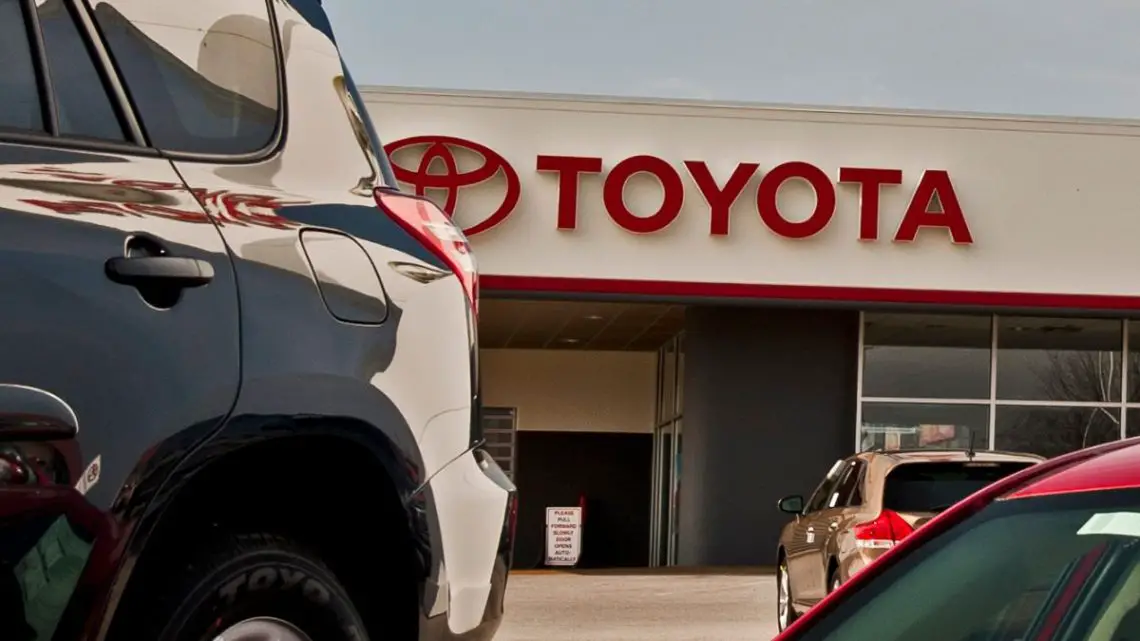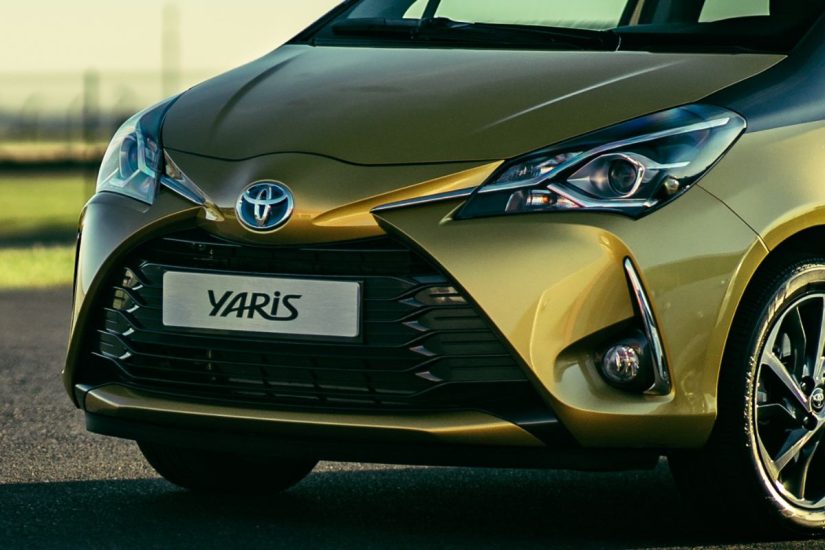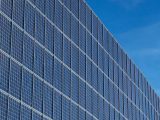
Hydrogen cars remain Toyota’s priority, says new CEO Koji Sato
March 22, 2023Even with the popularity of electric vehicles, the automaker stands by its focus on H2.
Koji Sato, the new CEO of Toyota Motor Corp., has confirmed that hydrogen cars will remain a top priority for the Japanese automaker.
This announcement was issued as the company has been boosting its focus on electric vehicles.
 The new chief executive officer has confirmed that Toyota has every intention of keeping a strong focus on hydrogen cars. The confirmation was an important one for assuaging concerns voiced over the future of H2 with the automaker. Toyota has been boosting its efforts for the development and production of battery electric vehicles, causing some to speculate that H2 might have been losing some of its charm.
The new chief executive officer has confirmed that Toyota has every intention of keeping a strong focus on hydrogen cars. The confirmation was an important one for assuaging concerns voiced over the future of H2 with the automaker. Toyota has been boosting its efforts for the development and production of battery electric vehicles, causing some to speculate that H2 might have been losing some of its charm.
Sato made the announcement that Toyota was still keeping hydrogen cars as a priority for its vehicles when he spoke on the sidelines of a Suzuka Circuit endurance race that recently took place in western Japan.
Toyota views hydrogen cars as a “viable option” and want to make sure that H2 keeps its strong future.
“We want to ensure that hydrogen stays a viable option. We need a production and transport supply chain,” said Sato. “Unless we see evolution there, we cannot expect a volume increase in the energy’s use.”

This arrived on the heels of Toyota’s recent plans to compete at the event using a new GR Corolla racecar that would have been powered by liquid hydrogen. Unfortunately, the vehicle that was going to be used for the race caught fire during a test run as a result of a leak in one of its H2 fuel lines. The H2-powered vehicle was replaced by a GR Yaris that was conventionally combustion powered.
Sato has been placing the spotlight on the need for Toyota to adopt a mindset of “EV first.” The automaker has been working on a new platform that will be focused on battery electrics for 2026, which is expected to provide drivers with better performance and for cheaper. The company expects that by 2030, it will have sold around 3.5 million EVs globally.
Though Toyota was easily one of the top automakers that made hybrid vehicles popular and widely accepted, particularly with its Prius, the same cannot be said for the Mirai hydrogen cars and their far less successful adoption. That said, Toyota still strongly believes in H2 technology and that this fuel will play a key role in its multi-angled approach to achieving its carbon neutrality goals.
Join in the conversation and help shape the future of hydrogen energy by voting in our poll today – See Below: [forminator_poll id=”57416″]



 With over 15 years of reporting hydrogen news, we are your premier source for the latest updates and insights in hydrogen and renewable energy.
With over 15 years of reporting hydrogen news, we are your premier source for the latest updates and insights in hydrogen and renewable energy.
Hydrogen cost too expensive, I don’t like
THANK YOU FOR THIS INFORMATION AND UPDATES.
MORE POWER
The price will come down. Certainly preferable to raping the planet for rare earth metals for EV’s who ‘s price will continue to escalate….and until charging times and range improve EV’s are useless.
Fuel cell grade hydrogen is very expensive in many parts of the world because the cost of electricity from the electricity grid is generally expensive compared with the actual cost of electricity from renewable energy sources of wind, solar, hydro and tidal. This is often because electricity prices are linked to natural gas prices by regulators by old formulae set up when most electricity was generated by gas fired power stations, which is no longer the case in many countries. This is likely to change in many countries, but the rate of change needs to be managed carefully as a quick change could bring a massive upset to delivered energy prices; just imagine the upset if the price of gas for heating suddenly became far more expensive than electricity?
All trains should be powered by hydrogen. Electric trains draw their power from filthy coal and gas power stations. If electric trains were upgraded to hydrogen then electric power lines would no longer be necessary. Hydrogen trains would be allowed to travel through tunnels and enter railway stations. Go hydrogen trains – go.